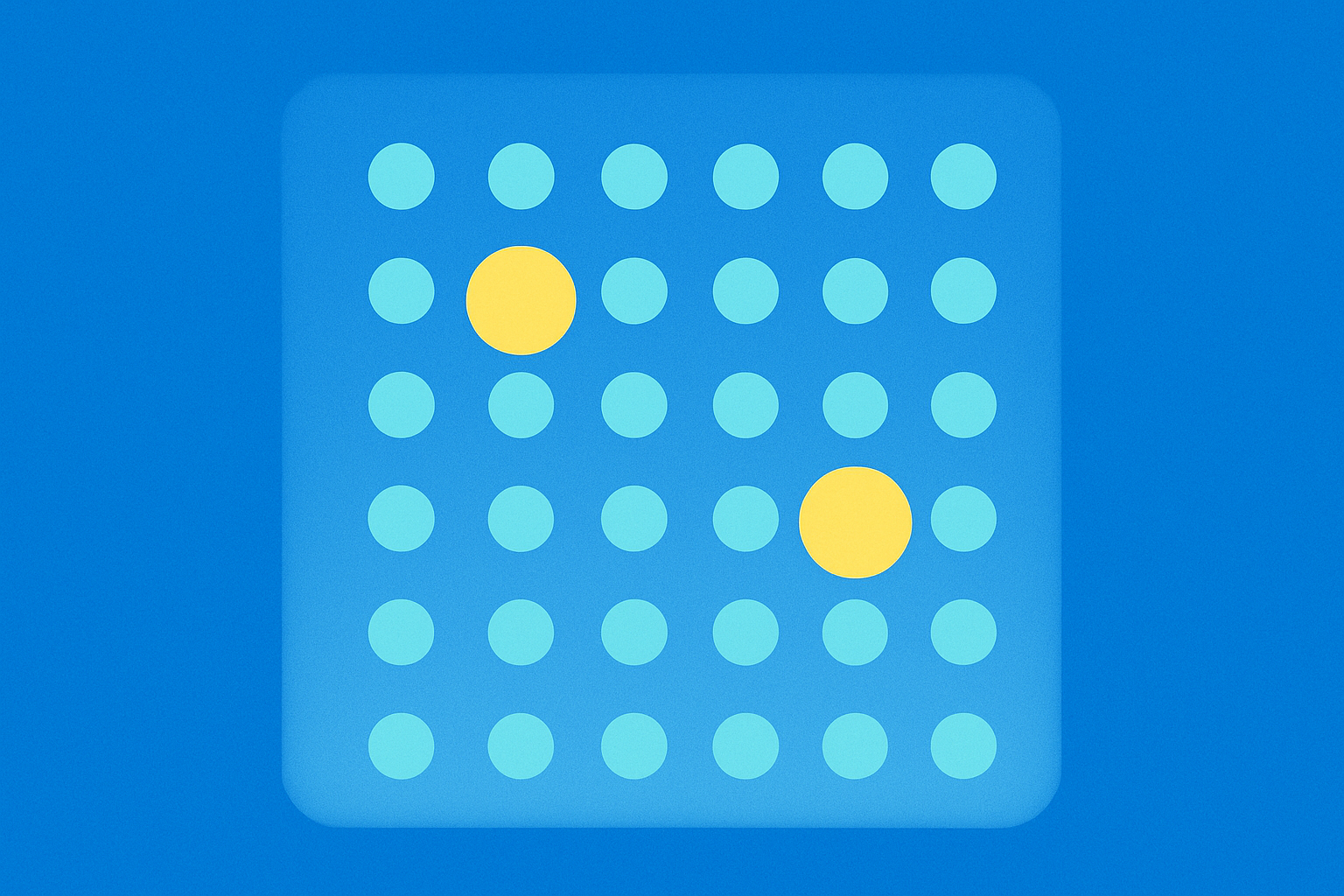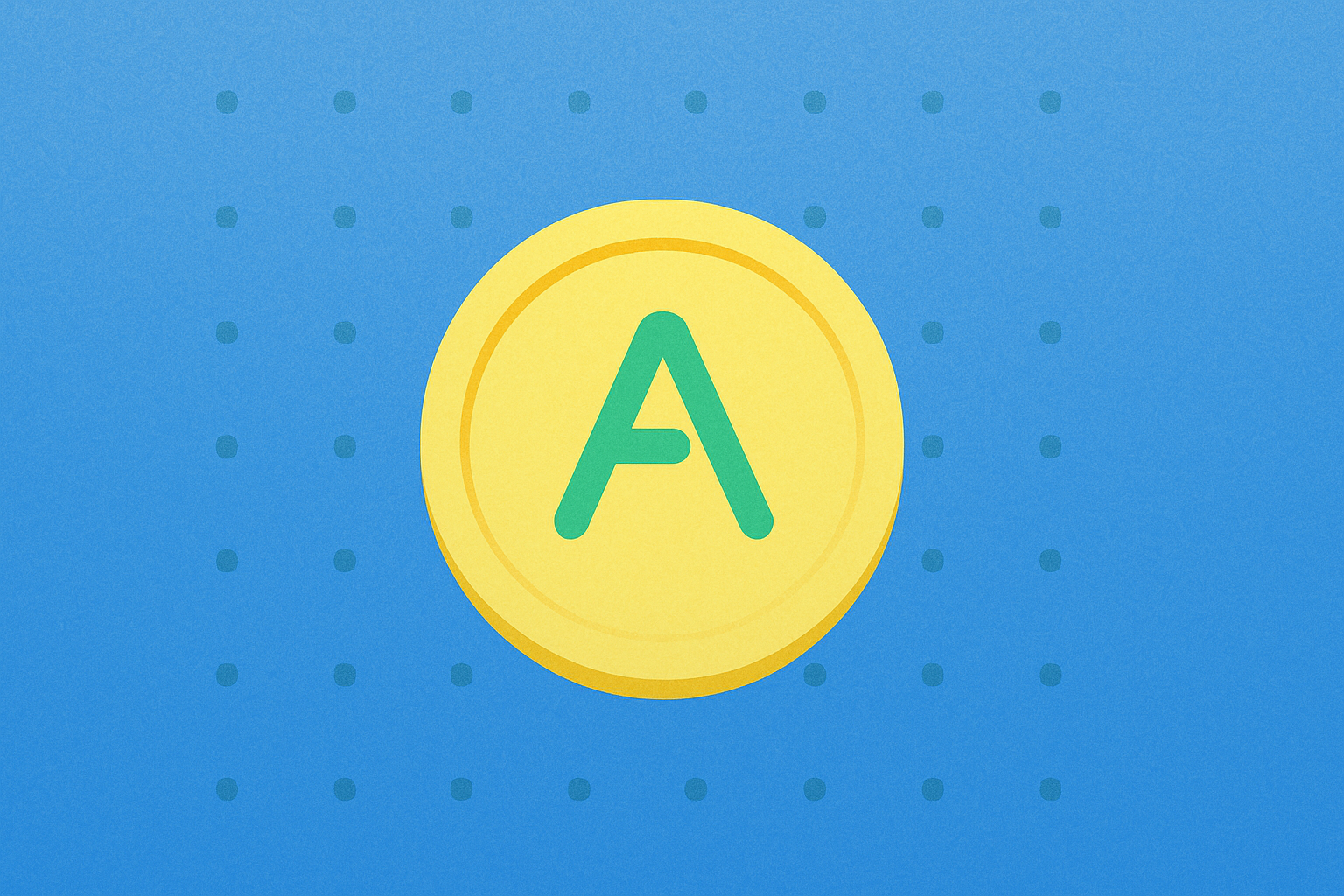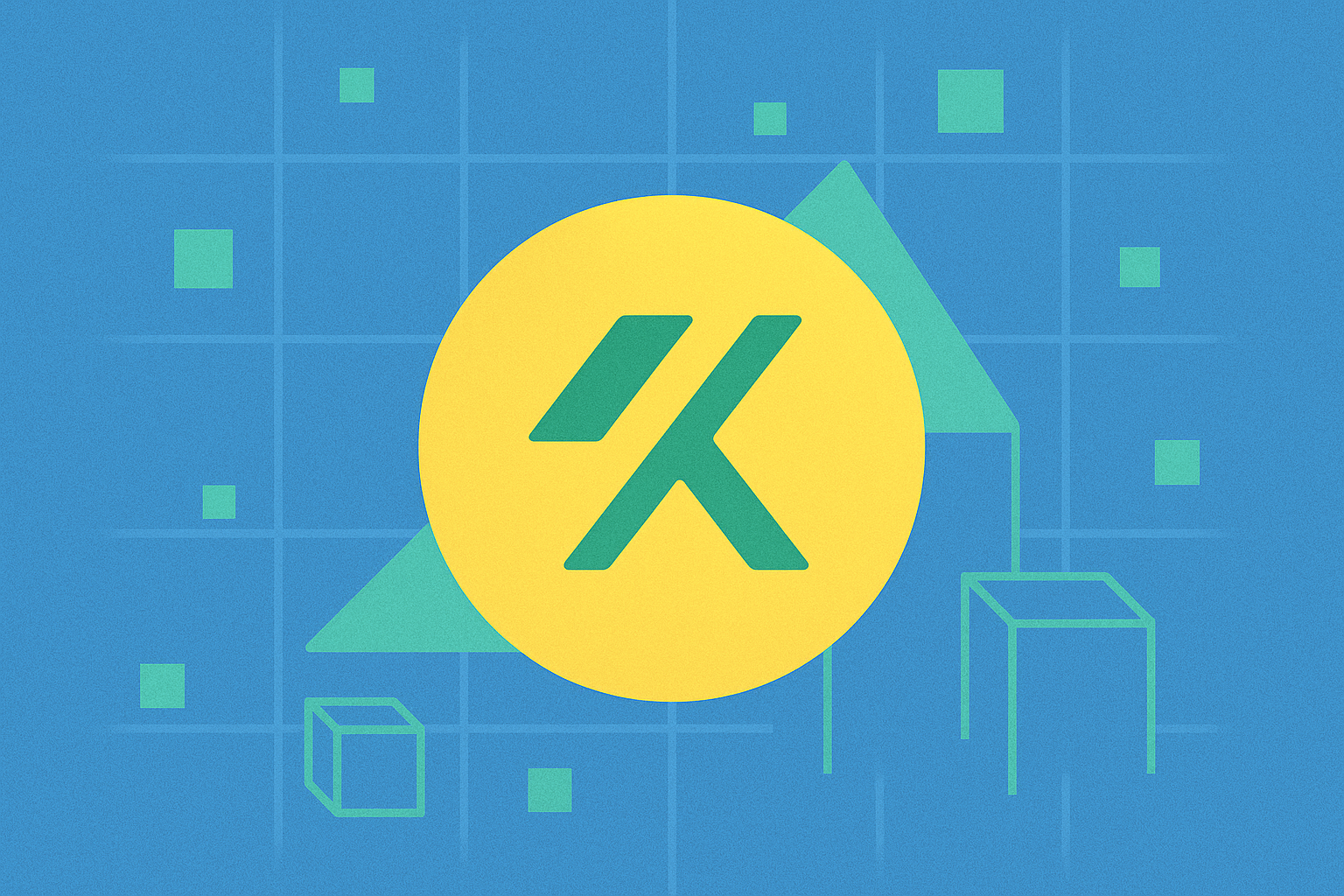2025 yılında Kaspa topluluğu ile ekosistemi ne düzeyde aktif?


Kaspa'nın sosyal medya kitlesi Twitter ve Telegram'da 500.000'e ulaştı
Kaspa'nın sosyal medya platformlarındaki etkisi giderek artarken, Twitter ve Telegram'da toplam 500.000 kullanıcıya ulaşarak önemli bir dönüm noktasına imza attı. Bu başarı, projenin yükselen popülaritesini ve topluluk etkileşiminin güçlendiğini gösteriyor. Durumu daha iyi kavrayabilmek için, Kaspa'nın sosyal medya kitlesini piyasa konumuyla karşılaştıralım:
| Metre | Değer |
|---|---|
| Sosyal Medya Takipçi Sayısı | 500.000 |
| Piyasa Değeri Sıralaması | 78 |
| Piyasa Değeri | $1.388.662.926 |
Yüksek sosyal medya kitlesi, Kaspa'ya mevcut piyasa değeri sıralamasına rağmen yoğun bir ilgi olduğunu gösteriyor. Bu fark, projenin ilerledikçe daha fazla yatırımcı çekme ve büyüme potansiyeli taşıdığını ortaya koyuyor. Sosyal ağlardaki aktif topluluk etkileşimi, Kaspa'nın güncellemelerini paylaşması, fikir alışverişi yapılması ve topluluk geri bildirimlerinin alınması için sağlam bir zemin sunuyor.
Dahası, Twitter ve Telegram'daki takipçi dağılımı, topluluk oluşturma yaklaşımının çeşitliliğini gösteriyor. Twitter, duyurular ve geniş erişim için kamuya açık bir platform sağlarken, Telegram gerçek zamanlı iletişim ve destek için daha yakın bir ortam sunuyor. Bu çok kanallı strateji, Kaspa'nın farklı kullanıcı tercihleri ve iletişim alışkanlıklarına yanıt verme kapasitesini artırarak ekosistemin ve benimsenme oranının büyümesine katkı sağlıyor.
Topluluk etkileşimi günlük 10.000 aktif kullanıcıya ulaşıyor
Kaspa, 2025 yılına kadar günlük 10.000 aktif kullanıcı (DAU) hedefiyle topluluk etkileşiminde önemli bir eşiği aşmayı amaçlıyor. Bu iddialı hedef, projenin canlı ve dinamik bir ekosistem oluşturma kararlılığının altını çiziyor. Bu başarıya ulaşmak için Kaspa'nın kişiselleştirilmiş kullanıcı deneyimleri ve gerçek zamanlı etkileşimler üzerinde yoğunlaşması gerekecek. DAU/MAU oranı ise büyümenin ve kullanıcı bağlılığının izlenmesinde temel gösterge olacak.
Olası etkileri görmek için aşağıdaki tabloyu inceleyebilirsiniz:
| Metre | Mevcut (2023) | Hedef (2025) |
|---|---|---|
| DAU | ~2.000 | 10.000 |
| MAU | ~30.000 | ~150.000 |
| DAU/MAU Oranı | ~%6,67 | ~%6,67 |
Kullanıcı sayısı artarken DAU/MAU oranının istikrarlı kalması, güçlü kullanıcı bağlılığı ve topluluk etkileşimini gösteriyor. Bu hedefe ulaşmak için Kaspa'nın çok kanallı iletişim stratejileri uygulaması, kullanıcı karşılama süreçlerini iyileştirmesi ve kullanıcı geri bildirimleri ile A/B testlerinden elde edilen sonuçlara göre sürekli optimizasyon yapması gerekecek.
Proje, açık kaynaklı yapısı ve GHOSTDAG protokolü sayesinde geliştiricileri çekebilir ve yenilikçi, etkileşimli özellikler sunabilir. Topluluk aidiyetini sosyal kanıtla güçlendirmek ve günlük katılımı teşvik etmek, Kaspa'nın kendi kendini büyüten bir ekosistem oluşturmasına zemin hazırlar. Bu yaklaşım, stratejik pazarlama çalışmalarıyla birleştiğinde, 2025'te 10.000 DAU hedefine ulaşmanın anahtarı olacaktır.
Geliştirici katkıları yıllık bazda %50 artıyor
Kaspa ekosistemi, 2025 yılında geliştirici katkılarında yıllık bazda %50'lik kayda değer bir artış yaşadı. Bu gelişme, Kaspa'nın yenilikçi blockchain teknolojisine artan ilgi ve güvenin göstergesi. Katkılardaki bu sıçrama, platformun geliştirilme hızını artırarak yeni özelliklerin ve yeteneklerin eklenmesini sağladı.
Bu artışın etkisini daha iyi anlamak için, 2024 ve 2025 yıllarındaki geliştirici katkılarını aşağıda görebilirsiniz:
| Yıl | Geliştirici Katkıları | Yıllık Büyüme |
|---|---|---|
| 2024 | Temel Değer | - |
| 2025 | 1,5x Temel Değer | %50 |
Geliştirici aktivitelerindeki bu belirgin artış, Kaspa ağında ölçeklenebilirliğin iyileştirilmesi, güvenliğin güçlendirilmesi ve yeni fonksiyonların eklenmesi gibi birçok ilerlemeyi beraberinde getirdi. Ayrıca, geliştirici topluluğundaki büyüme, Kaspa'nın GHOSTDAG protokolünün geliştirilmesine katkı sağlayarak platformun hızlı, açık kaynaklı ve tamamen ölçeklenebilir Layer-1 blokzinciri olarak konumunu pekiştirdi.
Bu katkı artışı, kripto para sektöründe artan benimsenme ve kurumsal ilginin, güçlü blokzincir çözümlerine olan talebi büyüttüğü genel eğilimlerle de örtüşüyor. Kaspa, daha fazla geliştirici çektikçe yeni inovasyonlar ve iyileştirmelerle rekabetçi blokzincir ekosisteminde güçlü bir oyuncu olma yolunda ilerliyor.
DApp ekosistemi Kaspa üzerinde 100'den fazla uygulamaya ulaştı
Kaspa ağı, merkeziyetsiz uygulama (DApp) ekosisteminin büyümesinde önemli bir ivme kazandı ve platformda geliştirilen uygulama sayısı 100'ün üzerine çıktı. Bu gelişme, Kaspa'nın hem geliştiriciler hem de kullanıcılar açısından artan cazibesini gösteren önemli bir dönüm noktası niteliğinde. DApp ekosisteminin büyümesinde, Kaspa'nın yenilikçi BlockDAG mimarisinin sunduğu gelişmiş ölçeklenebilirlik ve işlem hızı büyük rol oynadı.
Bu genişlemenin başlıca itici güçlerinden biri, Ağustos 2025'te hayata geçirilen Kaspa Layer 2 zkEVM rollup oldu. Bu hamle, Ethereum Virtual Machine (EVM) uyumluluğunu sağlayarak geliştiricilerin Solidity gibi alışkın oldukları araçlarla akıllı sözleşmeler yazmalarına ve dağıtmalarına imkan tanıdı. zkEVM entegrasyonu, Kaspa'nın teknik kapasitesini ciddi şekilde artırarak DeFi, NFT ve oyun uygulamaları gibi pek çok alanda yeni fırsatların önünü açtı.
Bu gelişmelerin etkisini daha net görmek için Kaspa ekosisteminin büyümesini aşağıda inceleyebilirsiniz:
| Metre | L2 Lansmanından Önce | L2 Lansmanından Sonra (Ekim 2025) |
|---|---|---|
| Toplam DApp | ~50 | 100+ |
| Günlük Aktif Kullanıcı | ~10.000 | ~50.000 |
| Kilitlenen Toplam Değer | $50 milyon | $500 milyon |
Bu rakamlar, L2 lansmanını takiben ekosistemde yaşanan önemli büyümeyi ortaya koyuyor. Hem geliştiriciler hem de kullanıcılar tarafından platformun hızla benimsenmesi, Kaspa'nın rekabetçi blokzincir ekosisteminde erişimini ve kabiliyetlerini artırarak gelecekte iddialı bir konuma ulaşacağının işaretini veriyor.

FLR nedir: Flare Network’ün token’ı ve blockchain inovasyonundaki rolü

INJ nedir: DeFi alanında dönüşüm yaratan yenilikçi blockchain protokolünün detaylarını keşfedin

2025 ZETA Fiyat Tahmini: Yükselen Layer-1 Blockchain, Boğa Piyasası Sonrasında Yeni Zirvelere Erişecek mi?

LSK nedir: Merkeziyetsiz uygulamalara güç veren blockchain platformunu anlamak

Modern Bilgisayarlarda Sistem Başlatma Süreci: INIT Nedir? Süreci Anlamak

Modern İşletim Sistemlerinde Sistem Başlatma Süreci: INIT Nedir?

NFT Nadirliğini Etkili Şekilde Değerlendirme Yöntemlerini Keşfedin

AWE Network (AWE) yatırım için uygun mu?: Kripto para piyasasında performans, risk faktörleri ve gelecek potansiyeline dair kapsamlı bir analiz

Unibase (UB) iyi bir yatırım mı?: Piyasa potansiyeli, risk faktörleri ve gelecek beklentilerinin ayrıntılı analizi

Mina (MINA) iyi bir yatırım mı?: Fiyat Potansiyeli, Teknoloji ve Piyasa Görünümüne Dair Kapsamlı Bir Analiz

WAXL vs BAT: İki Lider Blockchain Token Ekosisteminin Kapsamlı Karşılaştırması







